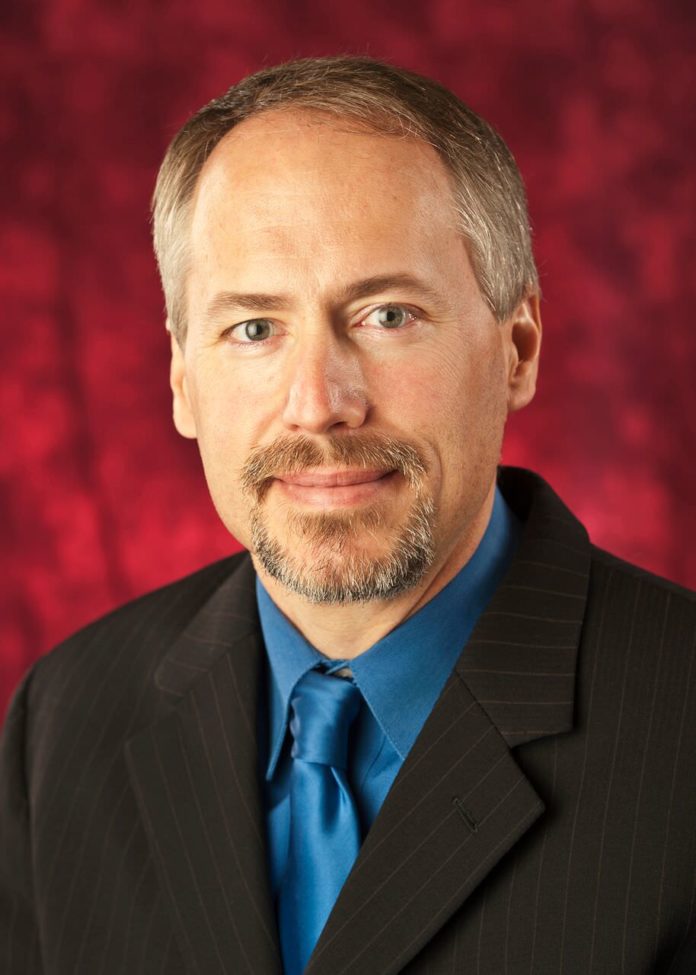The killing of George Floyd by Minneapolis police officer Derek Chauvin ignited nationwide protests. While we advise jurors to withhold judgment until presentation of all the evidence, video of the incident seems definitive. Mr. Floyd joins a much too long list of minority victims of police violence.
Justice may be served in Minneapolis. The four officers involved were fired the next day and Mr. Chauvin charged with third degree murder within a week. Does this render the protests moot? Not necessarily. Mr. Chauvin was not charged with first degree murder, and the charges could be reduced when attention focuses elsewhere.
I am something of an anomaly, a law-and-order libertarian. I have great respect for police because of the injustice of crime. When someone takes your belongings – whether milk money or a car – we naturally feel the injustice. Bullies and criminals violate the social peace. The police respond to our calls for help. Bullies and criminals terrify many of us, but not the police.
Police use of excessive force is a danger for all Americans. Minorities, however, have far more such encounters. Jason Riley is a member of the Wall Street Journal’s editorial board guest. In Please Stop Helping Us, Mr. Riley details his encounters with the police as a law-abiding youth, often for nothing more than “driving while black.” He observes, “Was I profiled based on negative stereotypes about young black men? Almost certainly. But then everyone profiles based on limited knowledge, including me.”
I have never faced such discrimination nor experienced the ensuing reactions. Mr. Riley did not letting profiling poison his life view, and this is admirable. I also appreciate that some young men will show resentment, which might provoke police wrath. Minorities bear the brunt of police mistakes, like Breonna Taylor, killed in a botched police raid this March.
We should hold police officers to an extremely high standard because they can use deadly force. We should also remember how police officers experience encounters with us. Ninety-nine point nine percent of traffic stops will be routine, but an officer never knows when a confrontation might occur.
Minimizing inevitable tragic accidents provides a first place for change. Yale law professor Stephen Carter tells his first year students to never push for a law they would not want people killed to enforce. Mr. Floyd was apprehended for spending a counterfeit $20; Eric Garner was killed in 2014 while evading New York’s cigarette taxes. We should not criminalize so many things.
I believe that the Derek Chauvins are a miniscule fraction of police officers. We lack institutional controls on misbehavior. Police officers have a common interest in disciplining their bad apples, but this rarely happens.
Misbehavior is likely tolerated because police officers, like fire fighters or soldiers, depend on each other in matters of life-and-death. I have never served in such positions and may not appreciate this need to trust colleagues. Nevertheless, bad apples abuse toleration; Mr. Chauvin ruined the other officers’ lives in addition to ending Mr. Floyd’s life.
Police unions vigorously defend and enforce privacy rules shielding rogue officers. A retired New York Police commander wrote that, “The unions, at least in New York City, outright just protect, protect, protect the cops.” Minnesota Attorney General Keith Ellison cites the Minneapolis police union as contributing to the department’s problems.
Asset forfeiture laws and militarization also contribute. Police departments can seize and keep cars, money and other property from people not convicted of crimes, often minorities unable to contest seizure. For decades, police departments have received surplus military equipment. Militarization and policing for profit must make officers feel like part of an army of occupation, not public servants.
Law enforcement is a noble profession when the police “protect and serve” citizens. Police should get the benefit of the doubt when using force but this is only possible if departments fire miscreant officers.
Some encouraging incidents have occurred this past week. In Genesee County, Michigan, Sheriff Chris Swanson took off his riot gear and walked and talked with protestors. The cycle of violence will never end if police and citizens view each other as adversaries.
Daniel Sutter is the Charles G. Koch Professor of Economics with the Manuel H. Johnson Center for Political Economy at Troy University and host of Econversations on TrojanVision. The opinions expressed in this column are the author’s and do not necessarily reflect the views of Troy University.














